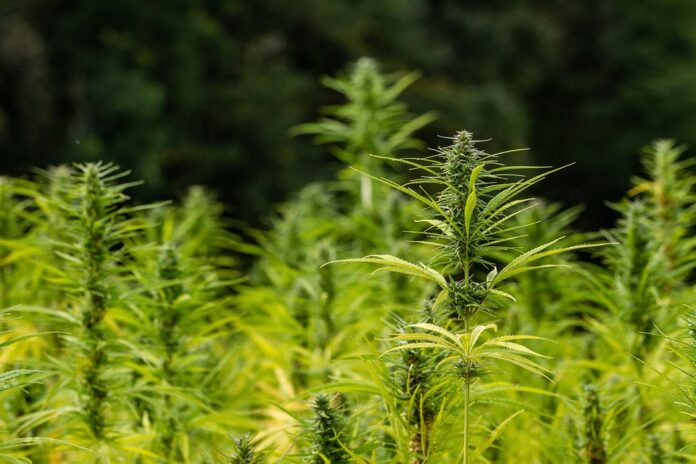The Future of the Hemp Seeds Industry Predictions for the Next Decade
The hemp seeds industry has experienced significant growth in recent years, driven by increasing consumer awareness of the health benefits of hemp seeds and the legalization of hemp cultivation in many countries. As we look ahead to the next decade, there are several key trends and predictions that are likely to shape the future of the hemp seeds industry.
Rising Demand for Hemp Seeds
One of the most significant predictions for the hemp seeds industry in the next decade is the continued rise in demand for hemp seeds. Hemp seeds are rich in protein, fiber, and essential fatty acids, making them a popular choice among health-conscious consumers. As the trend towards plant-based diets and natural, organic products continues to grow, the demand for hemp seeds is expected to increase even further.
According to a report by Grand View Research, the global hemp seeds market size was valued at USD 544.9 million in 2020 and is projected to reach USD 1.3 billion by 2027, growing at a CAGR of 12.6% during the forecast period. This significant growth is driven by the increasing adoption of hemp seeds in food and beverage products, as well as in the cosmetics and personal care industry.
Expansion of Hemp Cultivation
Another key trend that is likely to shape the future of the hemp seeds industry is the expansion of hemp cultivation. With the legalization of hemp cultivation in many countries, more farmers are turning to hemp as a profitable cash crop. Hemp is a versatile plant that can be grown in a wide range of climates and soil types, making it an attractive option for farmers looking to diversify their crops.
The global hemp cultivation area is projected to reach 6.6 million acres by 2025, according to a report by Hemp Industry Daily. This significant increase in hemp cultivation is expected to result in a greater supply of hemp seeds, which could help meet the growing demand from consumers and industries.
Emerging Markets for Hemp Seeds
In addition to the expansion of hemp cultivation, the next decade is also likely to see the emergence of new markets for hemp seeds. While hemp seeds are already popular in North America and Europe, there is growing interest in hemp seeds in regions such as Asia Pacific and Latin America. These regions have large populations and a growing middle class that is increasingly interested in healthy and sustainable food products.
According to a report by Market Research Future, the Asia Pacific hemp seeds market is projected to grow at a CAGR of 12.5% from 2020 to 2027. This growth is driven by the increasing awareness of the health benefits of hemp seeds, as well as the rising demand for plant-based protein sources in the region.
Investment Opportunities in the Hemp Seeds Industry
As the hemp seeds industry continues to grow and evolve, there are also significant investment opportunities for companies looking to capitalize on this trend. From hemp seed producers to food manufacturers and retailers, there are a wide range of opportunities to invest in the hemp seeds industry.
One example of a company that is capitalizing on the growth of the hemp seeds industry is Manitoba Harvest, a leading producer of hemp-based foods. Manitoba Harvest offers a wide range of hemp seed products, including hemp hearts, hemp protein powder, and hemp oil. The company has seen significant growth in recent years, driven by increasing consumer demand for hemp-based products.
In conclusion, the future of the hemp seeds industry looks bright, with rising demand, expanding cultivation, emerging markets, and investment opportunities driving growth in the coming decade. As consumers continue to seek out healthy and sustainable food products, hemp seeds are likely to play an increasingly important role in the global food and agriculture industry.




